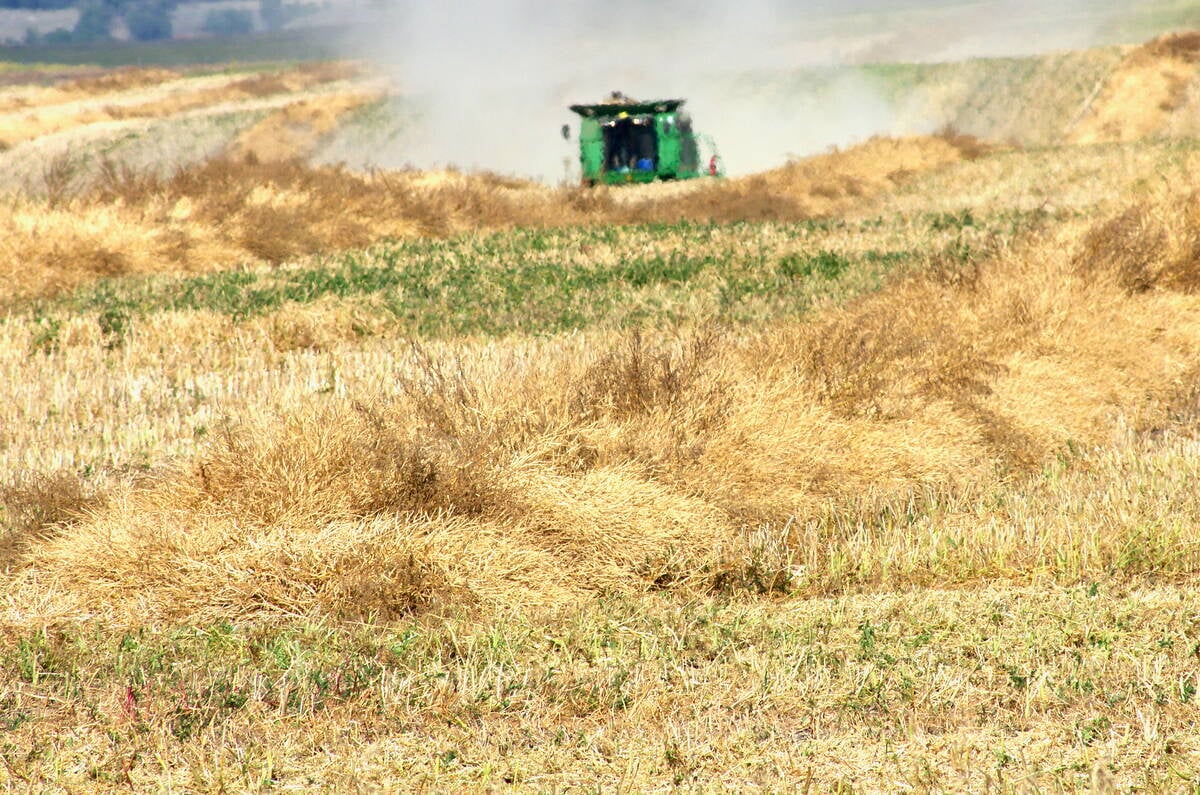The National Farmers Union has launched a campaign to scrap the proposed Canada-European Union Comprehensive Economic and Trade Agreement.
If the mega-deal with the EU is ratified in mid 2011 as projected, NFU president Terry Boehm said the deal would threaten the democratic rights of Canadian farmers and citizens.
Canadians are largely unaware of the agreement and what is being bargained away to the demands of the EU, Boehm said.
In the NFU’s Saskatoon office, Boehm flipped through a thick draft copy of a text he recently obtained. He said that CETA could virtually eliminate farmers’ ability to save seed for planting, exchange or sale.
Read Also

Manitoba searches for Plan B on canola oil exports
A new report explores Manitoba’s current canola oil trade and possible alternative markets to the U.S.
“Using farm-saved seed could cost you and your farm. The farmer’s land, equipment and crops can be seized for an alleged infringement of intellectual property rights attached to plant varieties owned by global seed corporations such as Monsanto, Bayer and Syngenta.”
Boehm said product and food safety will be at risk as Canadian standards cannot exceed international technical standards. Imported products and food cannot be inspected until a problem has occurred.
As well, he said Canada would have to accept the European Union’s 27 member countries’ certificates. If one province or territory accepts an EU product, all provinces and territories would have to accept it.
And even though international trade in agricultural goods has increased recently, it has not worked out in Canadian farmers’ favour. Canada’s farmers have tripled their exports recently but farm debt has tripled as well, reaching $64 billion. Realized net farm income from the markets has been negative since 2002, he said.
“Canada has very little to gain in thegreement as European Union tariffs average only two percent,” he added.















